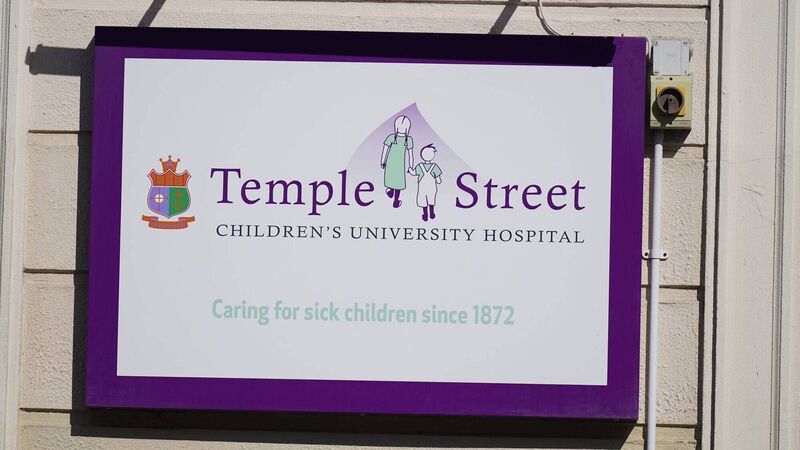The HSE chief executive and the Minister for Health have met with the UK-based expert who will lead an external review of spinal care surgeries at Temple Street Children’s Hospital.
The review into high complication rates for children who received spinal surgery in Temple Street is to be overseen by Dr Selvadurai Nayagam, consultant in orthopaedics and trauma, and head of the limb reconstruction unit at the Royal Liverpool University and Royal Liverpool Children’s Hospitals.
Already a subscriber? Sign in
You have reached your article limit.
Subscribe to access all of the Irish Examiner.
Annual €130 €80
Best value
Monthly €12€6 / month
Introductory offers for new customers. Annual billed once for first year. Renews at €130. Monthly initial discount (first 3 months) billed monthly, then €12 a month. Ts&Cs apply.
CONNECT WITH US TODAY
Be the first to know the latest news and updates













